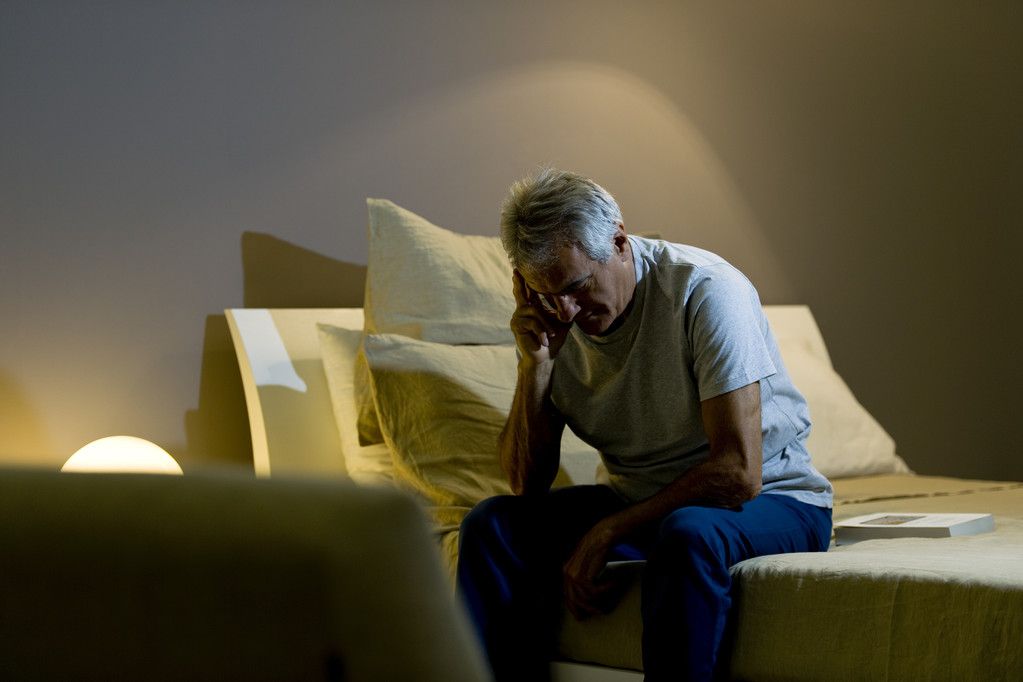Industry information
Therapeutic methods of somatosensory music insomnia
Somatosensory Music Therapy for Psychosomatic Decompression
People's perception and experience of music is not only a physiological process, but also a psychological process. Music can cause changes in people's moods. Music therapy can alleviate various physical and mental symptoms such as insomnia, anxiety and depression, and gastrointestinal dysfunction. It is a psychotherapy worthy of attention.

Origin of Music Therapy
Modern medicine makes people begin to understand that music can cure people's diseases is Richtendahl. Because he found that the influence of music on diseases can be adopted by medical circles and applied to clinical treatment, he put forward a pioneering and revolutionary viewpoint - Music doctor. It is this viewpoint that made the whole world in the 1990s. The era played a musical note for the treatment of diseases by music.
Modern medicine holds that music can cause physiological changes, partly through nerve transmission. The auditory nerve fibers act like resonators, receiving different sounds and converting them into nerve impulses that are transmitted to the brain. After brain analysis, the human body reacts differently.
A large number of experimental studies have proved that the center of music perception, integration and analysis is in the right hemisphere of the brain, responsible for non-verbal forms and psychological functions. Such as the perception of music melody, music memory and tone regulation, but also promote the activation of the right hemisphere of the brain.
Those beautiful and pleasant music, which accords with the physiological rhythm of the human body, act on the brain system through sensory pathway, can regulate the excitability of the whole body cells, thus play the role of restoring the balance of the body through nerve and humoral regulation.
The goal of psycho-behavioral therapy is not only to improve the bad psychology and behavioral factors of insomnia patients, but also to improve their confidence in self-control insomnia.
(1) Relaxation training: Including progressive muscle relaxation, meditation and so on. One hour before bedtime, relaxation training is carried out through deep breathing, stretching exercise, yoga, listening to relaxing music and other activities under dim light to relax oneself from daytime pressure and improve the quality of sleep.
(2) Stimulation control therapy: generally consists of five instructions: 1) when sleepiness occurs, go to bed; 2) when sleepless, leave the bed, stay sleepy, and return to the bedroom; 3) bedroom can only do Sleeping-Related things; 4) regardless of the length of the previous night's sleep, get up on time every morning; 5) do not have naps or naps. Habits.
(3) Sleep restriction therapy: Increase sleep drive at night by prohibiting daytime naps. Limit the time spent in bed to the time spent actually sleeping (through a motion recorder and sleep diary, combined with the experience of doctors), and increase sleep stress to promote rapid sleep.

(5) Music therapy: The patient's sympathetic nerve excitement is reduced by gentle and soothing music, and anxiety and stress response are alleviated.
(5) Hypnotherapy: Hypnotherapy can increase the depth of patients'relaxation, and reduce excessive anxiety and sympathetic excitement related to preemptive anxiety through relaxation and imagination.
(5) Sleep hygiene education: to provide patients with information about life style and environmental factors that interfere with or promote sleep, so that patients can avoid unfavorable factors for sleep and improve their sleep.
These methods listed above can help patients improve their sleep, and can avoid adverse drug reactions and drug abuse. Some treatment measures not only have similar short-term efficacy with drugs, but also maintain longer than drugs. It is especially suitable for insomnia caused by over-worrying about adverse drug reactions, drug addiction and psychosocial factors.
If medication is not very serious, it is not recommended to use drugs. It is more recommended to use three poisons of drugs. Slow relief, more somatosensory products can be used. The treatment effect is very obvious. Drugs should also be clear that those medicines can be used. Here is to share some dry goods.
The main drugs for insomnia are benzodiazepines such as estazolam, alprazolam, diazepam, clonazepam, and non-benzodiazepines such as zolpidem, zopiclone, right zopiclone and zaleplone. In addition, there are some sedative antidepressants and antipsychotics, such as mirtazapine, trazodone, doxepin, quetiapine and olanzapine, which can promote sleep. However, patients should choose appropriate drugs under the guidance of doctors, and should not take drugs indiscriminately on their own.
Sedative and hypnotic drugs have certain addiction, if used improperly, it will lead to drug addiction. So how can we avoid sedative and hypnotic addiction? Mainly to grasp the basic principles of sedative and hypnotic drug use, namely:
Short-term: Short-term use of sedative and hypnotic drugs (continuous use of less than 4 weeks), there is generally no addiction. But if taken for a long time, addiction increases.
Small doses: The greater the dose of sedative hypnotics used, the higher the risk of addiction. Therefore, try to use the minimum dose to improve sleep, and try not to exceed the maximum dose of sedative hypnotics. If there is a decline in efficacy, it is recommended to switch to drugs with other mechanisms of action.

Intermittent: The risk of addiction caused by continuous use of sedative and hypnotic drugs is significantly higher than that caused by discontinuous use. Therefore, try not to take medicine every day. It is suggested that we try to sleep by ourselves first, but we can't sleep. Then we should consider using sedative and hypnotic drugs instead of taking them routinely before going to bed. If sedative and hypnotic drugs are really indispensable, it is recommended to use "weekend withdrawal" method, that is, in order to ensure sleep time and quality, sedative and hypnotic drugs should be taken on weekends; sedative and hypnotic drugs should not be used on weekends because there is no important schedule.
On demand: insomniacs can temporarily use sedative hypnotics to help them fall asleep if they occasionally suffer from insomnia, such as major events, jet lag and so on, so as not to deteriorate due to a single insomnia.
Although the above lists some principles for drug treatment, suggesting that patients should not worry excessively about taking sleeping pills which will lead to drug addiction, but do not take sleeping pills on their own. Because insomnia is often associated with anxiety, depression, somatic diseases and mental disorders, patients should choose appropriate treatment according to their actual conditions. Program. For patients with depression and insomnia, antidepressants with strong sedative effects such as mirtazapine and trazodone can be selected for treatment.


